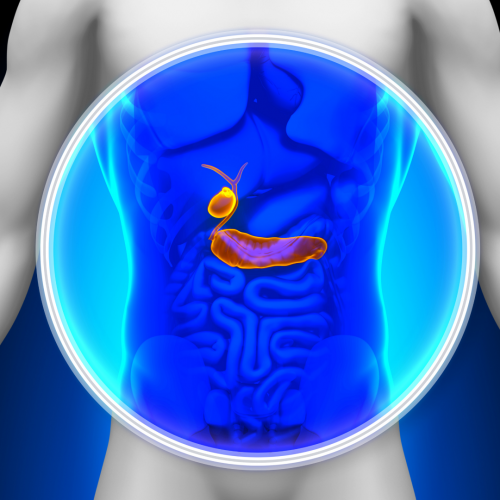Causes of Pancreatitis
Source: This article was originally published by Mission:Cure here
Chronic pancreatitis can be caused by a genetic defect, physical injury to the pancreas, gallstones or other blockages, or medications. Alcohol abuse and smoking can contribute to chronic pancreatitis. For many chronic pancreatitis patients the cause is unknown.
Acute and chronic pancreatitis are often connected.
Many chronic pancreatitis patients first experience acute pancreatitis, a temporary inflammation of the pancreas that is very painful and can be deadly. Acute pancreatitis was the most common principal gastrointestinal diagnosis for hospital admissions in the US, costing over $2.6 billion in inpatient costs in 2007 alone¹.
Approximately 10-15% of people who suffer acute pancreatitis episodes develop chronic pancreatitis.
Potential Causes of Chronic Pancreatitis
Genetic defects
Autoimmune disorders
High levels of calcium in the blood (known as hypercalcemia)
Decrease in the kidneys’ ability to filter waste and fluid from blood (chronic renal failure)
Physical injury to the pancreas
Gallstones
Blockages and obstructions to the pancreas
Medications
Drinking alcohol and smoking may contribute
There is usually not just one factor causing pancreatitis. Rather, it is a combination of genetic and environmental risk factors that can create a “perfect storm” for chronic pancreatitis. Still, for many patients the cause of pancreatitis is unknown.
Precision medicine is helping us better understand the causes of pancreatitis. Researchers are increasingly viewing chronic pancreatitis as a combination of lifestyle, environmental, and genetic factors.


